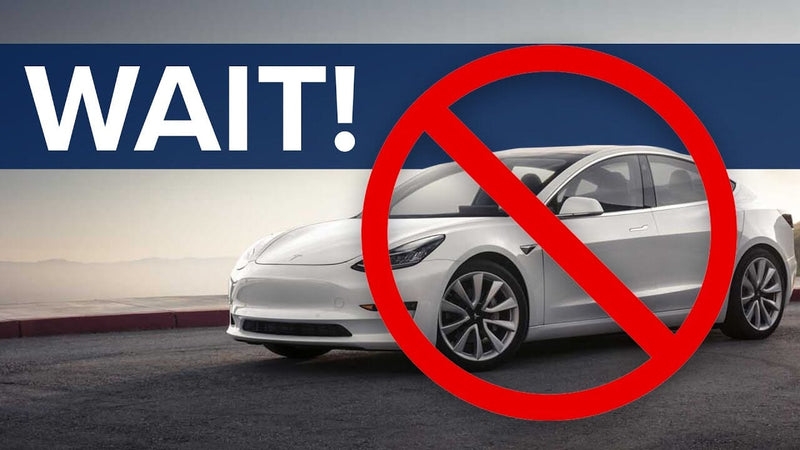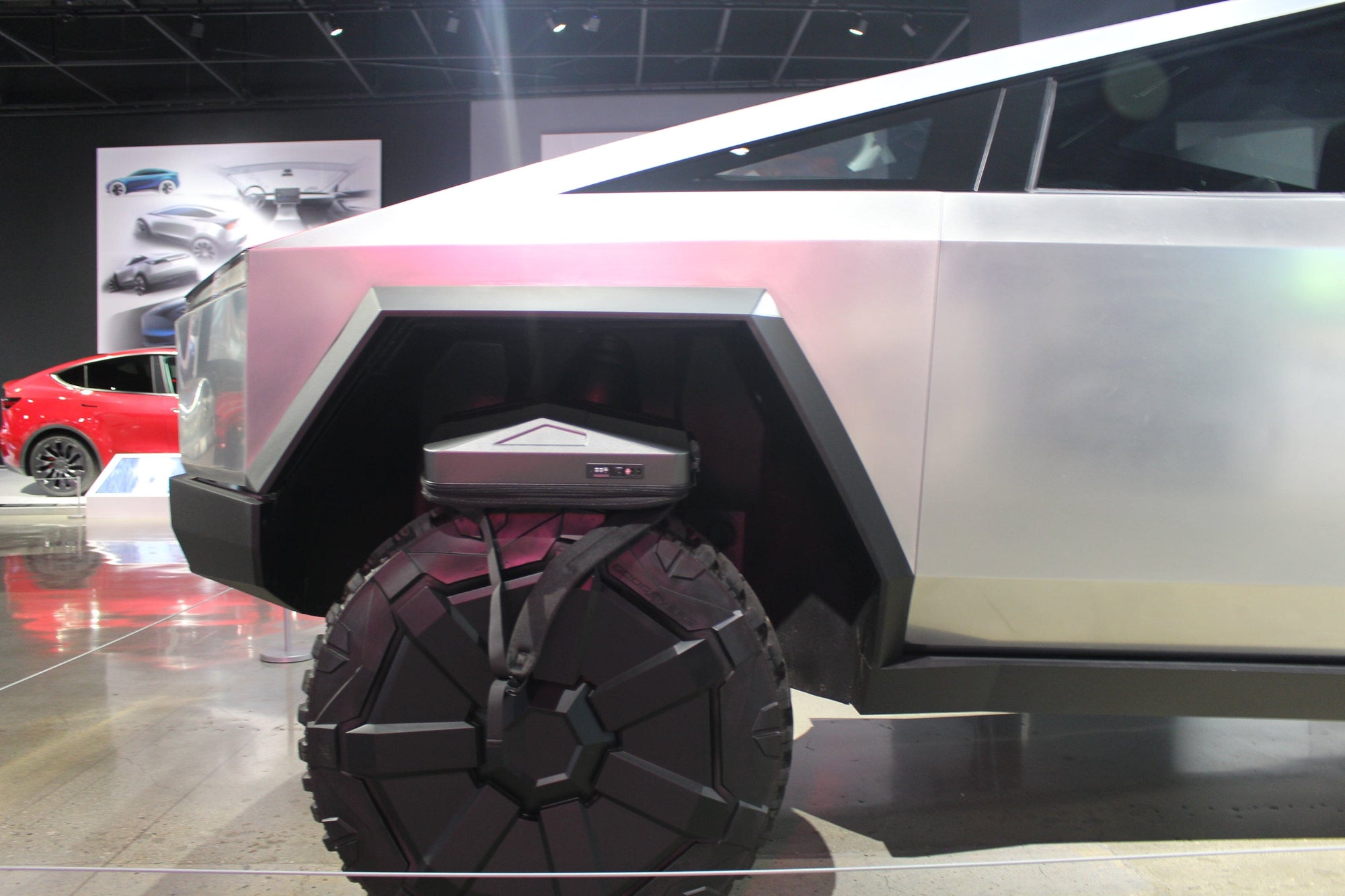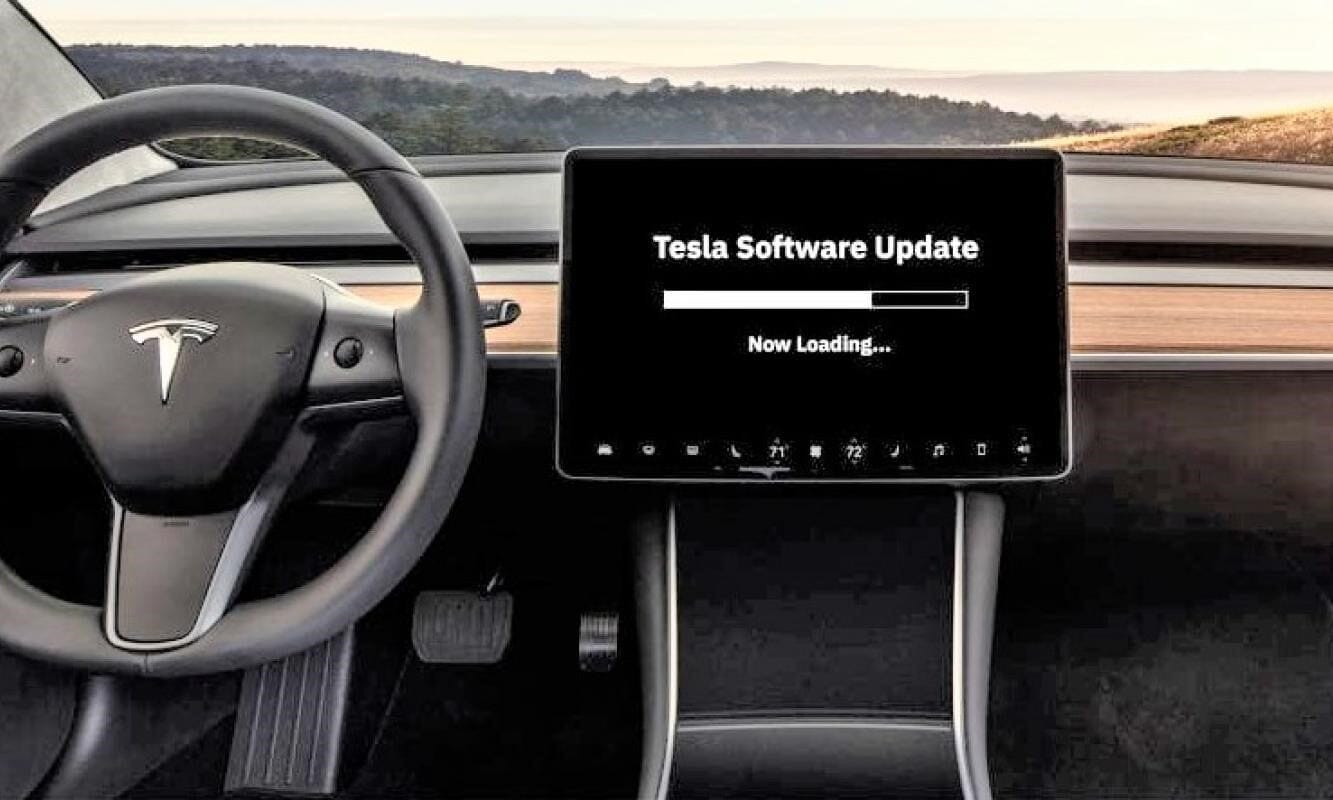As a potential Tesla owner, it is important to weigh the pros and cons of owning this high-tech electric vehicle. While Tesla has gained a reputation for being a luxurious and environmentally friendly option for car enthusiasts, there are several disadvantages to consider before making the investment.
Price

See Also: How Do I Find My Cybertruck Reservation Number?
First and foremost, the price tag of a Tesla can be steep. The base model, the Tesla Model S, starts at $75,000 and can reach upwards of $100,000 with additional features and upgrades. This is significantly higher than the average price of a traditional gas-powered vehicle, making it a financial burden for many individuals.
Additionally, the cost of charging a Tesla can add up over time. While electric vehicles are generally cheaper to fuel than gas-powered cars, Tesla owners must pay for access to Tesla’s network of Superchargers. These charging stations, which are only available to Tesla owners, can cost up to $15 per hour of charging. This can quickly add up, especially for those who frequently take long road trips.
Range

See Also: How Many Cybertruck Reservations Are There?
Another disadvantage of owning a Tesla is the limited range of the batteries. While the latest Tesla models have increased their range, they still fall short of the range of traditional gas-powered cars. This can be frustrating for drivers who are used to the convenience of being able to travel long distances without stopping for fuel.
Furthermore, Tesla owners must also consider the availability of charging stations. While the Tesla Supercharger network is extensive, it is not yet as widespread as the network of gas stations. This can make it challenging for Tesla owners to find a charging station when they need one, especially in rural areas.
Repairs

See Also: Tesla Motor: Do Teslas Have an Engines?
Another disadvantage of owning a Tesla is the lack of options for repairs and maintenance. Because Tesla vehicles are so technologically advanced, only Tesla-approved service centers are able to perform repairs and maintenance. This can be inconvenient for Tesla owners, as they may have to travel long distances to find a service center, and the cost of repairs can be higher than traditional mechanics.
Furthermore, the technology in Tesla vehicles can also be a disadvantage. While the advanced features of Tesla cars are impressive, they can also be complex and difficult to understand. This can make it challenging for Tesla owners to properly use and maintain their vehicles, and can lead to frustration and inconvenience.
The Environmental Impact

In addition to the financial and practical disadvantages of owning a Tesla, there are also environmental concerns to consider. While electric vehicles are generally considered more environmentally friendly than gas-powered cars, the production of Tesla batteries can have a negative impact on the environment. The production of lithium-ion batteries, which are used in Tesla vehicles, requires the mining of lithium, which can have negative effects on air and water quality.
Furthermore, the disposal of Tesla batteries can also have negative environmental impacts. Because of the complex technology involved in Tesla batteries, they must be disposed of in specialized facilities. This can be costly and can contribute to the pollution of landfills.
Frequently Asked Questions (FAQ's)
Q: What are some of the drawbacks of having a Tesla?
A: Owning a Tesla comes with a number of drawbacks, some of which are the high price tag, a restricted driving range, a dearth of charging locations, and worries about the impact on the environment.
Q: Is it expensive to keep up with Tesla's adjustments and maintenance?
A: Yes, the cost of repairs at Tesla-approved service centers can be greater than the cost of repairs at conventional technicians. This can be inconvenient for Tesla owners, who may have to journey a significant distance to locate a service center.
Q: To what extent does the technology used in Tesla automobiles work against the company?
A: While the cutting-edge features on Tesla automobiles are impressive, they can also be convoluted and challenging to comprehend. As a result, it can be challenging for Tesla owners to use and maintain their vehicles in the correct manner, which can result in annoyance and aggravation.
Q: If you own a Tesla, do you need to be concerned about its impact on the environment?
A: Even though electric vehicles are generally thought to be better for the environment than gas-powered cars, the manufacturing of Tesla batteries can have a negative impact on the environment. This is particularly the case due to the mining of lithium for lithium-ion batteries and the specialized disposal of these batteries, both of which can be expensive and contribute to the pollution of landfills.
Q: Should prospective Tesla buyers weigh the benefits and drawbacks of the company before making an investment?
A: The answer is yes; prospective Tesla owners should do their research and give thorough consideration to both the benefits and drawbacks of owning a Tesla before making the financial commitment. This will allow them to determine whether or not owning a Tesla is a financially and realistically viable choice for them.
Conclusion
In conclusion, while owning a Tesla can be a luxurious and environmentally friendly option, several disadvantages exist. The high price tag, limited range, lack of charging stations, and environmental concerns can make owning a Tesla a financial and practical burden for many individuals. It is important for potential Tesla owners to carefully weigh the pros and cons before making the investment.
Here's a Youtube video on the Pros and Cons of owning a Tesla.












